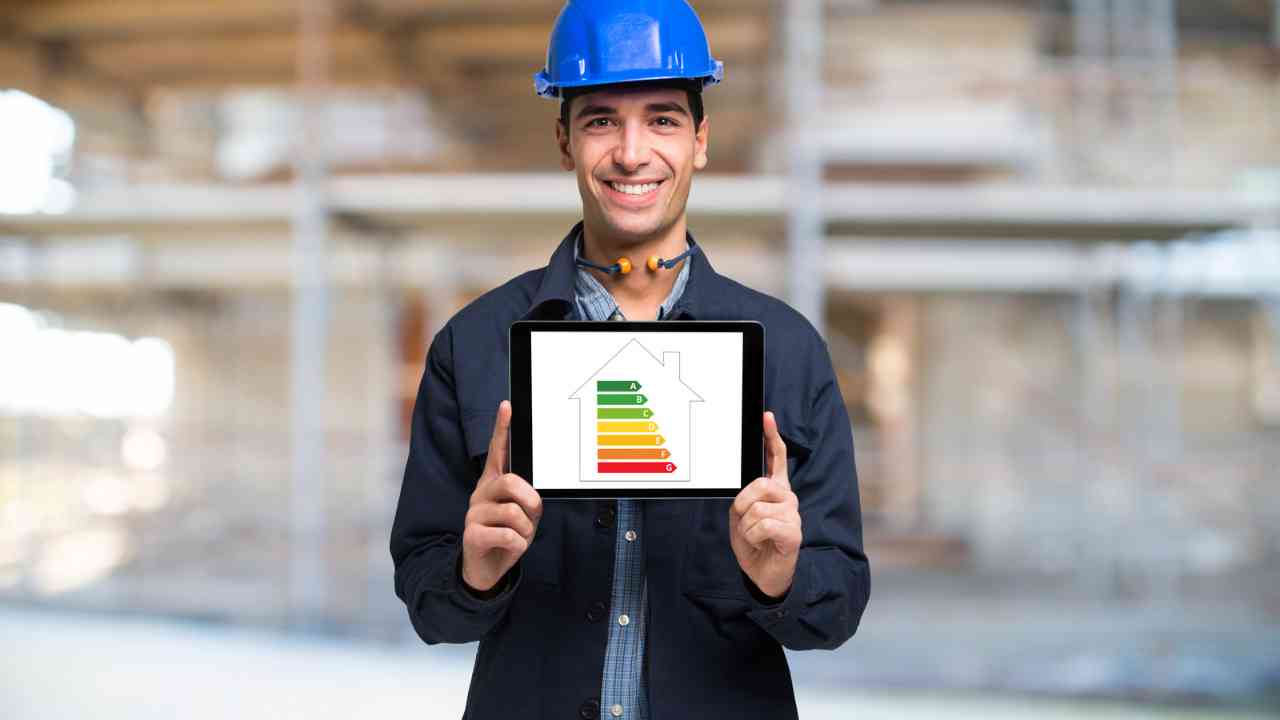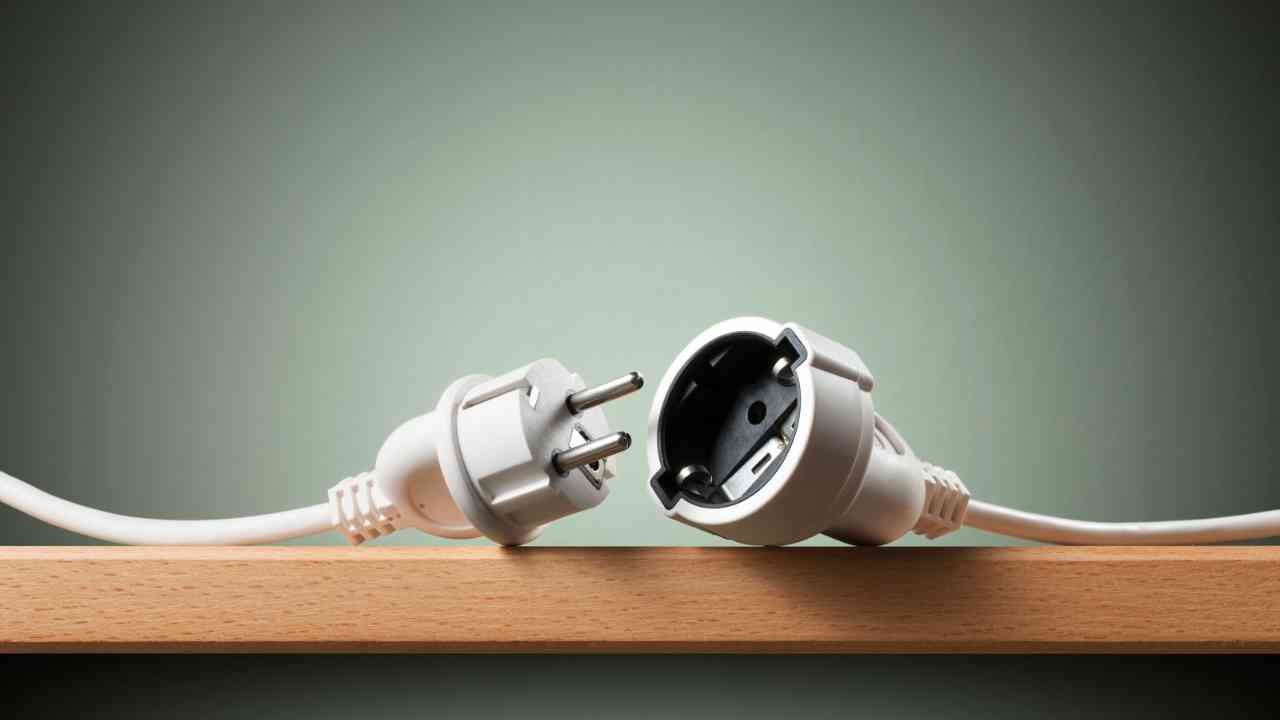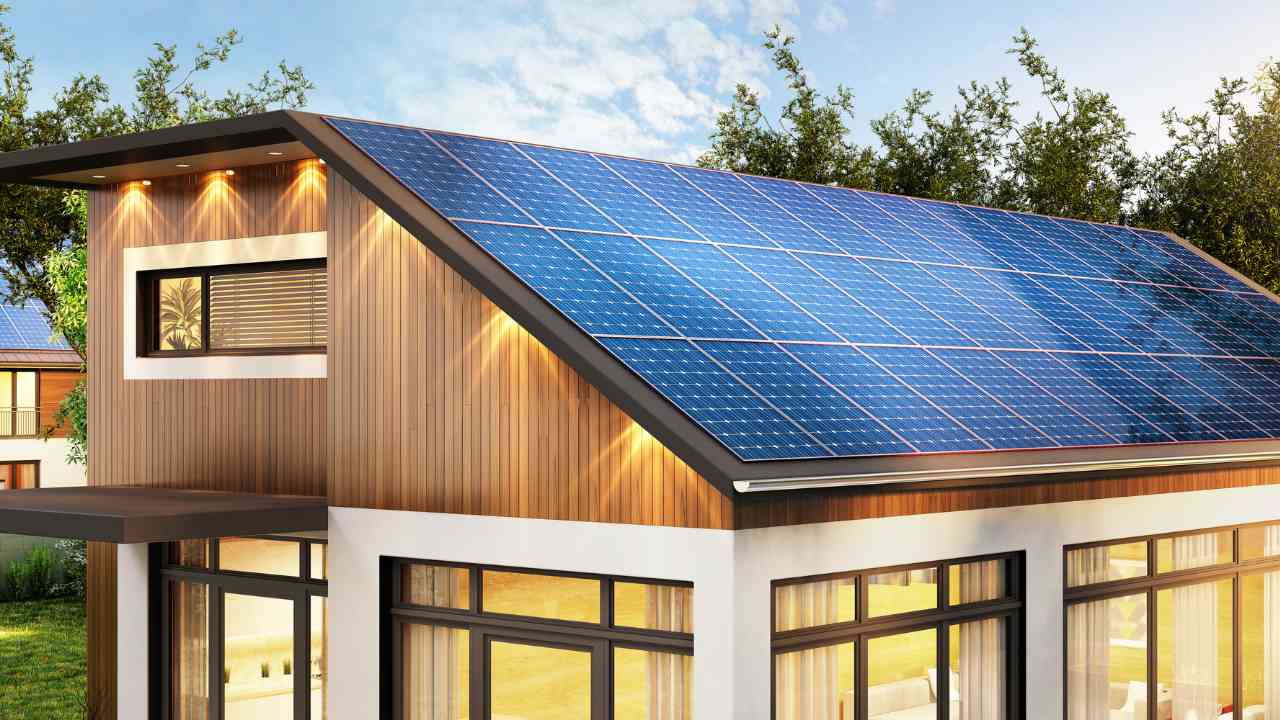Energy bills can be a significant expense for households, but with the right knowledge and strategies, you can save a substantial amount of money while reducing your environmental footprint. In this article, we will explore ten brilliant hacks that will help you save on energy bills like a pro. By implementing these practical tips, you can enjoy a more energy-efficient home and keep more money in your pocket.
Table of Contents
ToggleConduct an Energy Audit

Before diving into energy-saving strategies, it’s essential to conduct an energy audit of your home. An energy audit helps identify areas where energy is being wasted and provides valuable insights into potential improvements. You can perform a DIY energy audit by following these simple steps:
- Inspect your home for air leaks: Check windows, doors, and any other potential sources of drafts. Use weatherstripping or caulking to seal any gaps.
- Examine insulation levels: Proper insulation is crucial for maintaining comfortable temperatures and reducing energy consumption. Inspect the insulation in your attic, walls, and basement, and add more if necessary.
- Assess the efficiency of your heating and cooling system: Make sure your HVAC system is running optimally. Clean or replace filters regularly and consider scheduling professional maintenance.
If you prefer a more comprehensive analysis, you can hire a professional energy auditor who will use specialized tools to assess your home’s energy efficiency.
Upgrade to Energy-Efficient Appliances

Outdated appliances can be a significant drain on your energy bills. Consider upgrading to energy-efficient models that are designed to consume less electricity without sacrificing performance. When shopping for appliances, look for the ENERGY STAR label, which indicates high energy efficiency. Additionally, consider the following tips:
- Opt for appliances of the right size and capacity for your needs: larger appliances consume more energy, so choose the appropriate size for your household.
- Look for energy-saving features: Many appliances offer features like eco-mode, which helps reduce energy consumption during operation.
- Check energy labels: Compare the energy consumption of different models by referring to the energy labels provided by manufacturers.
Optimize Heating and Cooling

Heating and cooling account for a significant portion of energy usage in most homes. By optimizing these systems, you can save a substantial amount of energy and money. Follow these tips for better efficiency:
- Improve insulation: Proper insulation prevents heat loss during the winter and heat gain during the summer. Insulate your walls, attic, and crawl spaces to maintain a comfortable indoor temperature.
- Seal air ducts: Leaky air ducts can waste a significant amount of energy. Inspect your ductwork and seal any leaks using foil tape or mastic sealant.
- Utilize programmable thermostats: Programmable thermostats allow you to schedule temperature adjustments based on your daily routine. Lowering the temperature during periods of absence or at night can lead to significant energy savings.
Harness the Power of Natural Light

Natural light not only enhances the aesthetics of your home but also reduces the need for artificial lighting, leading to energy savings. Here’s how you can make the most of natural light:
- Keep windows clean: Dirty windows can block a significant amount of sunlight. Regularly clean your windows to maximize natural light.
- Use light-colored window coverings: Light-colored curtains or blinds allow more sunlight to penetrate your rooms while still maintaining privacy.
- Consider skylights or solar tubes: Installing skylights or solar tubes in dark areas of your home can bring in additional natural light, reducing the need for artificial lighting during the day.
Unplug and Power Down

Many electronic devices continue to consume energy even when they are not in use, known as vampire energy. To minimize vampire energy consumption, follow these tips:
- Unplug chargers and adapters when not in use: Chargers left plugged in, even without a device connected, still draw power. Unplug them when not actively charging.
- Use power strips: Plug multiple devices into a power strip and turn off the strip when not in use. This prevents them from drawing standby power.
- Consider smart power outlets: Smart power outlets can be programmed to automatically turn off devices during certain periods or when they are not in use, reducing energy waste.
Embrace Smart Technology

Smart home devices offer advanced features that help optimize energy usage and reduce wasteful practices. Consider incorporating the following smart devices into your home:
- Smart thermostats: These devices learn your temperature preferences and adjust accordingly, maximizing energy efficiency.
- Smart lighting systems: These systems allow you to control your lights remotely and set schedules for automatic switching, saving energy.
- Energy monitoring systems: These devices provide real-time data on your energy consumption, helping you identify areas for improvement.
Implement Energy-Saving Habits

While technology plays a significant role in saving energy, developing mindful habits can further enhance your efforts. Consider the following energy-saving habits to save on energy bills:
- Turn off lights and electronics when not in use: Make it a habit to switch off lights, TVs, and other electronics when you leave a room.
- Adjust your thermostat wisely: Instead of relying heavily on heating and cooling, dress appropriately for the season and adjust your thermostat a few degrees lower or higher to conserve energy.
- Make use of natural ventilation: Open windows and doors when the weather allows to let fresh air circulate and reduce the need for artificial cooling or heating.
Make the Most of Natural Ventilation

Natural ventilation can significantly reduce the need for mechanical cooling or heating, leading to energy savings. Follow these tips to maximize natural ventilation in your home:
- Install ceiling fans: Ceiling fans help circulate air and create a cooling breeze during the summer. In the winter, set them to rotate clockwise to push warm air down.
- Use window coverings strategically: Close curtains or blinds during the hottest part of the day to block out direct sunlight and open them when the outdoor temperature is cooler.
- Consider cross-ventilation: Open windows on opposite sides of your home to create a cross-breeze that helps cool your space naturally.
Utilize Renewable Energy Sources

Harnessing renewable energy is an excellent long-term investment that can significantly reduce your reliance on traditional energy sources. Consider the following options to integrate renewable energy into your home:
- Install solar panels: Solar panels convert sunlight into electricity, which can power your home and reduce your reliance on the grid. Government incentives and tax credits may be available to offset installation costs.
- Explore wind energy: If you live in an area with sufficient wind resources, installing a small wind turbine can generate clean energy for your home.
- Research community solar projects: Community solar projects allow multiple households to collectively benefit from solar energy, even if they cannot install panels on their property.
Use Power-Saving Settings on Electronics

Many electronic devices come with power-saving settings that can help reduce energy consumption. Take advantage of these settings by adjusting the power options on your devices:
- Computers and Laptops: Configure your computer or laptop to go into sleep mode or hibernate when not in use for a specified period. This will help conserve energy instead of running at full power continuously.
- Televisions and Entertainment Systems: Enable power-saving modes on your television and entertainment systems. These modes typically reduce screen brightness and automatically turn off the device when idle for a certain time.
- Gaming Consoles: Gaming consoles can consume a significant amount of energy. Set your console to automatically enter a low-power mode after a period of inactivity or enable power-saving features available in the console’s settings.
- Printers and Peripherals: Adjust the power-saving settings on your printers and peripherals. Configure them to enter sleep mode or power off automatically when not in use for an extended period.
By utilizing power-saving settings on your electronic devices, you can minimize their energy consumption during idle or inactive periods, leading to noticeable save on energy bills.
Remember, every small step counts when it comes to saving energy and reducing your utility bills. Incorporating these eleven brilliant energy-saving hacks into your daily routine will not only benefit your wallet but also contribute to a greener and more sustainable future.
Conclusion
By implementing these ten brilliant energy-saving hacks, you can significantly Save on Energy Bills while creating a more environmentally friendly home. From conducting an energy audit to embracing smart technology and utilizing renewable energy, there are numerous steps you can take to become more energy efficient. Remember, small changes in habits and adopting a mindful approach can have a significant impact. Start implementing these hacks today and enjoy the benefits of a more sustainable and cost-effective lifestyle.
FAQs
The amount you can save varies depending on factors such as the size of your home, current energy consumption, and local energy rates. However, implementing these hacks can potentially lead to significant savings on your energy bills.
Energy-efficient appliances may have a higher upfront cost compared to standard models. However, they often provide long-term savings through reduced energy consumption, making them a worthwhile investment.
Yes, you can perform a DIY energy audit by following the outlined steps in this article. However, for a more comprehensive analysis, you may consider hiring a professional energy auditor.
Depending on your location, there may be tax incentives, rebates, or other financial incentives available for installing renewable energy systems such as solar panels. Research local and federal programs to explore potential savings.
The payback period for solar panels varies depending on factors such as installation costs, energy consumption, and available incentives. On average, solar panels can pay for themselves within 5 to 15 years through energy savings and potential incentives.

